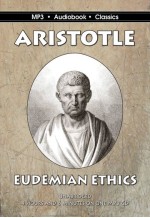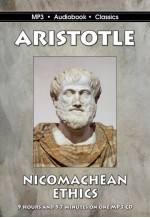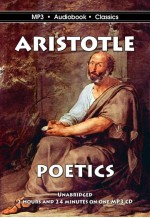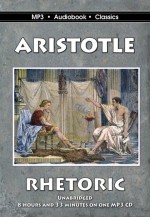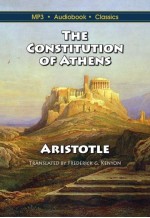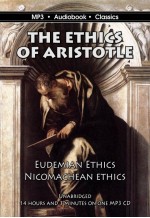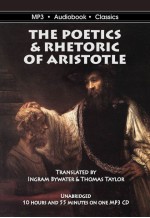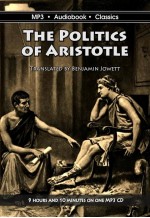Aristotle
 | Aristotle (384 BC – 322 BC) was a Greek scientist and philosopher who may well be the most influential intellectual in history. His work laid the foundations of scientific inquiry, outlined a comprehensive system of philosophical thought, and shaped thinking about poetry and the arts. He was born the son of the physician to the King of Macedon and joined Plato’s Academy in Athens at age 18, where he remained for nearly twenty years until Plato’s death. He then served as tutor to Alexander the Great at the request of his father, Philip of Macedon, which enabled him to establish a library at Lyceum that produced hundreds of books. His thought ranged from the Platonism of his tenure with Plato but moved to a deep immersion in empirical study based on observation and saw perception itself as the basis of knowledge. His writings covered many subjects - biology, zoology, physics, metaphysics, ethics, logic, aesthetics, poetry, music, rhetoric, linguistics, economics, politics and government – in a style described by Cicero as a “river of gold”. Called “the first genuine scientist in history”, many of his views shaped scientific scholarship until the Enlightenment. His study of logic evolved into the discipline of modern formal logic in the 19th century. His ethics have been studied continuously and have gained recent currency with the advent of the study of virtue. His metaphysics continues to influence Christian theology. Although an abundance of material survives, scholars believe that it represents only about a third of his output. |
Eudemian Ethics
Aristotle coined the term “ethics” to define a field of study first undertaken by Socrates and Plato..
$9.99
Nicomachean Ethics
Aristotle coined the term “ethics” to define a field of study first undertaken by Socrates and Plato..
$9.99
Poetics
Poetics is the earliest known work that develops a theory of drama and related literary forms. His ..
$7.99
Rhetoric
Rhetoric is an ancient Greek treatise on the art of persuasion still considered “the most important ..
$9.99
The Constitution of Athens
The Constitution of Athens is a document attributed to Aristotle that describes the political system..
$9.99
The Ethics of Aristotle
Aristotle coined the term “ethics” to define a field of study first undertaken by Socrates and Plato..
$11.99
The Poetics and Rhetoric of Aristotle
Poetics and Rhetoric together with Ethics and Politics constitute the pillars of Aristotle’s Practic..
$11.99
The Politics of Aristotle
Aristotle’s Ethics describes the means to the happy life of virtue intended by nature. In Politics h..
$11.99

